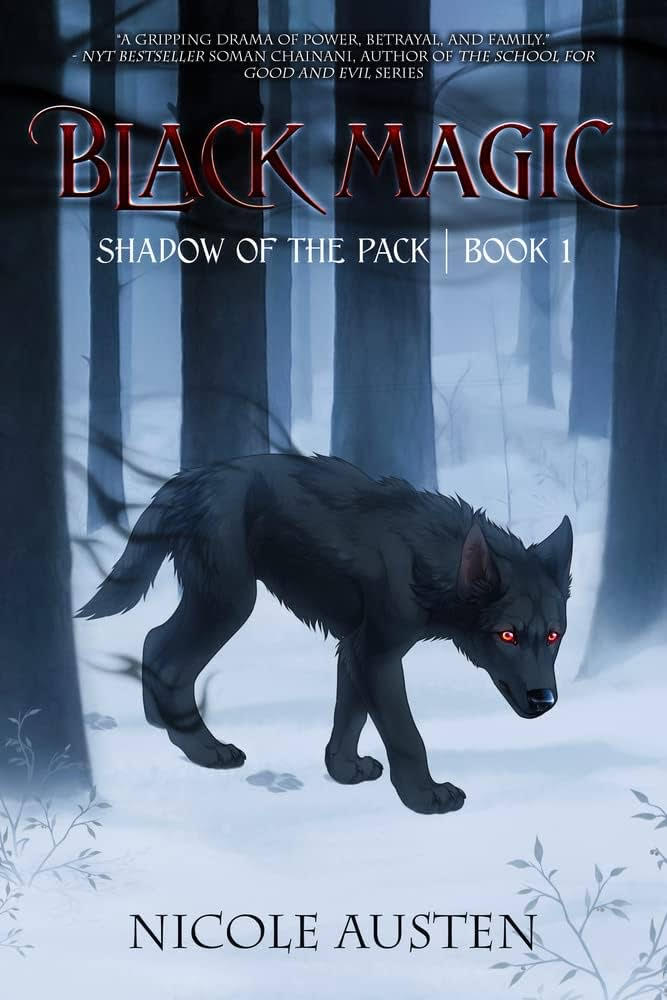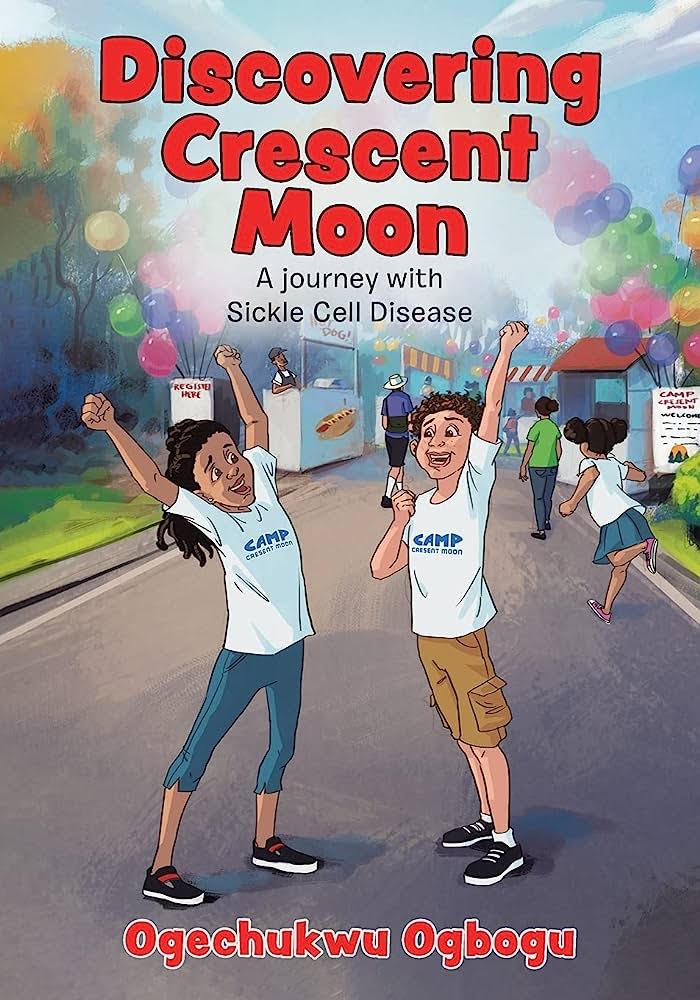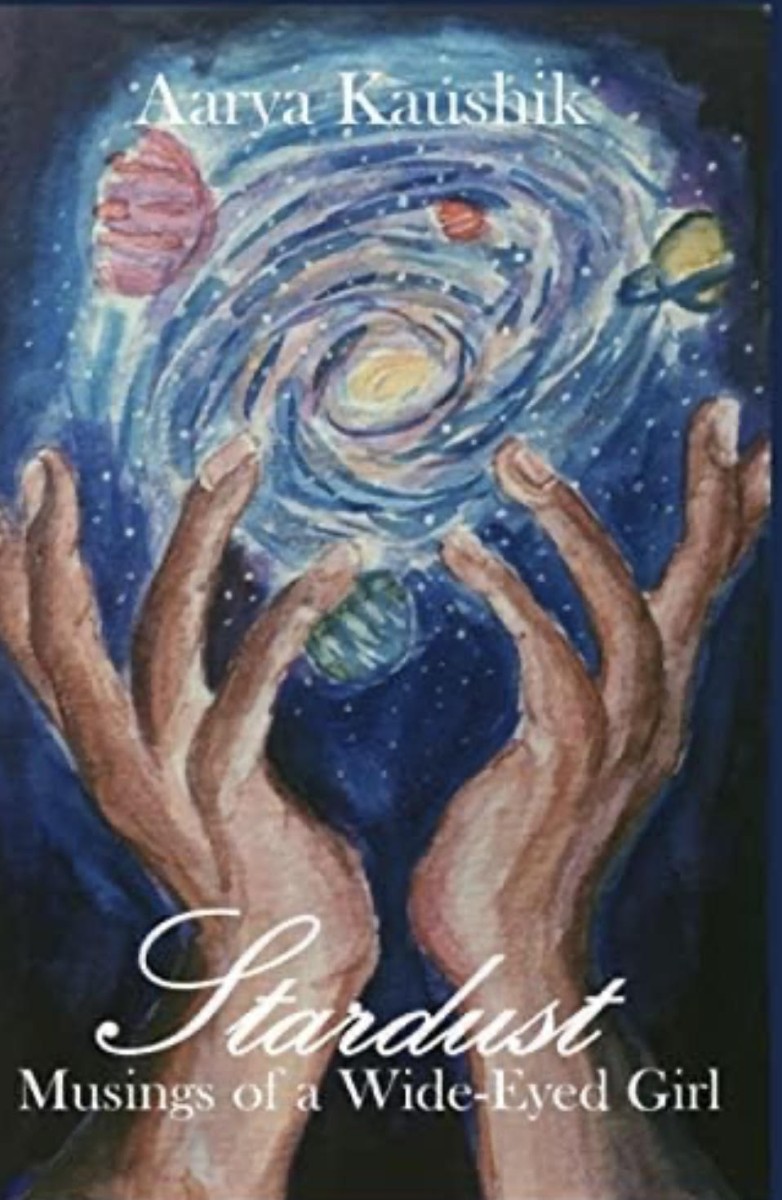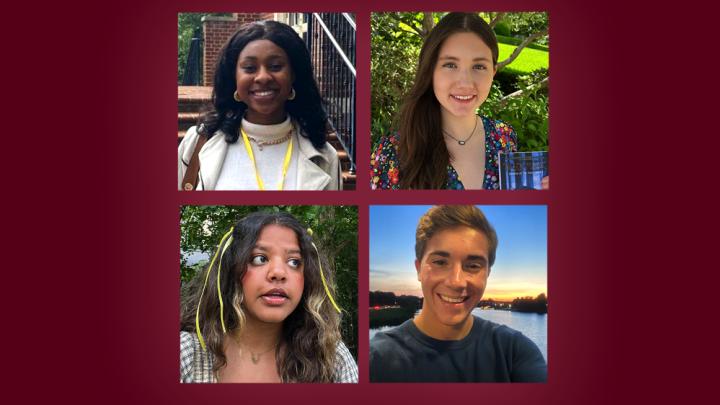Harvard Magazine Summer Fellow Ryan Doan-Nguyen has been tackling a variety of writing assignments for the magazine. Here, he interviews four fellow students who have tackled writing projects of their own—publishing their first books.
Nicole Austen ’25: Shadow of the Pack
WRITING PROTAGONISTS with depth and authenticity is difficult for any author, but Nicole Austen ’25 embraces an additional hurdle: her characters are wolves. In Black Magic, the first book of her children’s duology Shadow of the Pack, runt-of-the-litter Mala seeks to prove her worth. Representing Mala and her fellow wolves in fiction meant communicating their ideas without relying on conventional dialogue or human mannerisms such as smiling. It took years, Austen says, before “I had gotten it to a place where I felt like these are real characters despite them saying anything out loud.”

Austen wrote the two books of Shadow of the Pack together, with Black Magic published by speculative fiction publisher Month9Books last August and the second scheduled for an early 2024 release. The process required extensive research into wolf behavior, body language, and natural habits that drew from observations Austen made during hikes with her family in Portland, Oregon, and Yellowstone National Park. She also turned to childhood favorites such as Warriors, Wolves of the Beyond, and works by Jean Craighead George to inform the worlds of “epic fantasy” she built, steeped in intricate systems of magic, religion, and social hierarchy.
Shadow of the Pack has been Austen’s “crazy and extremely satisfying” undertaking for nearly half of her life. Starting in middle school, it involved two years of dedicated weekend writing, followed by two years of submitting to publishers. It took an additional two years before Black Magic finally saw publication. Austen encourages aspiring authors, regardless of age, to overcome self-doubt by simply writing and persevering. “The first draft can be bad, the second draft can be bad, the third draft can be bad,” Austen says, and she faced occasional anxiety-induced paralysis. “As long as I keep writing drafts—as long as I keep plugging away at it—it will eventually come together.”
Michael Evans ’24: Control Freakz, Conspiracy Chronicles, and World Gone Mad
When Michael Evans ’24 discovered at age thirteen that his father struggled with a gambling addiction and his parents were divorcing, he created stories to cope. Writing became his therapeutic escape, offering an avenue to process his emotions through the characters he made. Evans says that learning his dad stole “lots and lots of money from my family, friends, and clients” inspired him to “run a great business, make a great life for myself, and create stories that really help other people, rather than hurt them.”
Evans loved stories from a young age. He wrote his own versions of popular works such as Hatchet, Lost, and Captain Underpants growing up and credits series like Divergent and Hunger Games with sparking his interest in crafting imagined realities. However, he says, “I don’t think it ever felt like my story,” and it wasn’t until his parents’ divorce when writing became more than “just fun” and “fan fiction or derivatives of other people’s works.”
That year, Evans wrote more than 70,000 words, which ultimately “turned into a book without me realizing what I was doing.” Then he wrote a sequel. He dove into research about self-publishing and became a pool attendant at a local resort, working until he made $3,000—the amount needed for publication.

The 21-year-old has since authored twelve science fiction novels as part of three series—Control Freakz, Conspiracy Chronicles, and World Gone Mad—that delve into technologies gone awry in the not-too-distant future. He has spoken at writers’ conferences, interned for publishers, traveled the world to promote the YouTube channel he launched, and co-founded Ream, a platform that connects fiction authors with their fanbase. A rising senior at Harvard, Evans finds himself on the brink of a new chapter that promises to broaden his horizons even further. College has already “totally changed the trajectory of my life,” Evans shares. “The dreams I thought I had—and I thought I was shooting big, I thought I was being really ambitious—were actually child’s play compared to what’s possible.”
Oge Ogbogu ’24: Discovering Crescent Moon: A Journey with Sickle Cell Disease

“Sickle cell is a part of him, but it doesn't define him,” says Oge Ogbogu ’24 about Austín, the protagonist of her children’s book, Discovering Crescent Moon: A Journey with Sickle Cell Disease. Austín struggles to fit in but comes to befriend Cheyanne, who shares the same condition. Together, they embark on a journey of self-discovery at Camp Crescent Moon, a specialized camp for children with sickle cell disease (SCD). Ogbogu says that “letting people be their full selves and creating that space for them, I think, is the most important takeaway from the book.”
Ogbogu’s fascination with SCD was cultivated through the stories her mother told of her native Nigeria, where the disease is endemic. During her senior year of high school, she began working on Discovering Crescent Moon to raise awareness of the condition in the United States, self-publishing two years later as a sophomore at Harvard. Her interest in SCD has informed her aspirations for a career in medicine, and she will “keep writing for sure in my future.”
Camp Crescent Moon draws upon Ogbogu’s years of volunteering at a real summer camp of the same name in Ontario, California. The camp has welcomed thousands of children with SCD since 1967, its official website states, who would have been excluded from traditional programs due to “potential serious complications that could arise at elevations above 5,000 feet, the environment, daily camp activities, and the lack of a medical staff experienced in the management and care of sickle cell disease.” Campers learn strategies to manage their disease and how to advocate for themselves when they’re misunderstood. Thirty percent of the proceeds from Ogbogu’s book go to the camp.
Ogbogu wanted to tell her story in a book for children because she says SCD is often misunderstood as a “Black disease,” which has perpetuated racism and discouraged testing among non-Black individuals. Her book aims to dismantle these misconceptions, particularly for children, as they “are the most impressionable voices and faces, and that’s what allows for changes we want to happen in the future.” Moreover, she continued, children are a group “so directly impacted” by SCD. The National Institute of Health estimates that 300,000 babies are born with SCD annually, and according to the CDC, signs of the disease appear around 5 months of age (ranging from chest pain to organ damage). Her book assures children with SCD that “they’re not alone with it” while fostering understanding among their peers.
Aarya Kaushik ’24: Stardust: Musings of a Wide-Eyed Girl
In high school, Aarya Kaushik ’24 always carried a small gray Moleskine notebook to capture ideas for poems. The “container” of the notebook was perfect, Kaushik says, because it was private, and “poetry carries a reputation of being the most intimate or personal form of writing.” However, after exhausting its pages and watching Billy Collins read his poetry to a large audience at the New York Public Library, Kaushik began to realize that poetry is also “meant to be sung and spoken and shared with people. It's meant to be heard.”
To get her poetry “into the real world and out of my little gray notebook,” she began sending it to journals and magazines. But those submissions often called for theme-specific works, and Kaushik “wanted to shape exactly what my introduction to the literary world would be like.” Kaushik found her solution in self-publishing, which granted her full creative control, and published her poetry collection as a high school senior.

Stardust: Musings of a Wide-Eyed Girl features poems about a teenage girl seeking understanding of her relationships, herself, and the world. As a jazz singer with “always some sort of song going in my head,” she says, Stardust (named after the jazz standard) bears significant musical influence “in both the scenes as well as the style and the rhythm.” For instance, in her favorite of its poems, “The Day the Music Died” (a nod to Don McLean’s “American Pie”), she recalls the tragic deaths of Buddy Holly, Ritchie Valens, and “The Big Bopper” J. P. Richardson in an Iowa plane crash in order to explore loss in her own life.
At Harvard, Kaushik has continued to hone her skills while studying English and music. Joining The Crimson’s Arts Board and enrolling in metaphysical poetry with Gordon Teskey and a creative writing workshop with Josh Bell, she is in the works of a new collection. Stardust now remains “a little slice of my mind” of her younger self. “Sometimes when I open it, and I reread it, I do cringe a little,” Kaushik says. But ultimately, she’s “proud of the fact that 17-year-old Aarya was so dedicated,” and the work “holds a special place in my heart as both the mark of a developing writer and a developing girl.”









